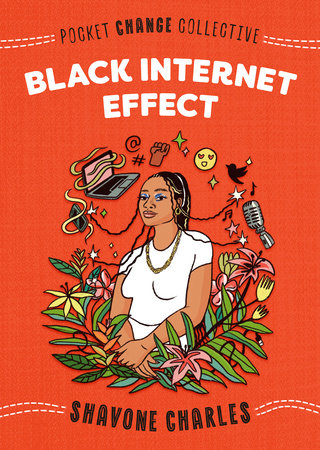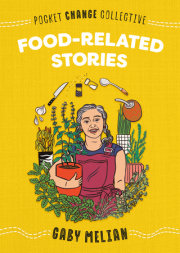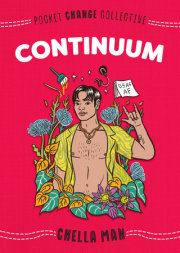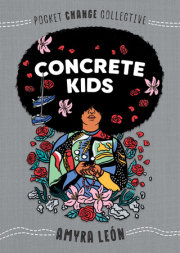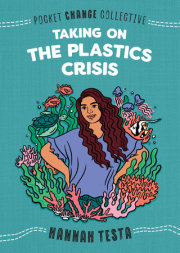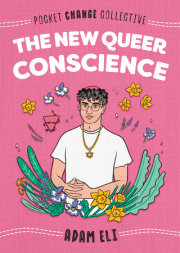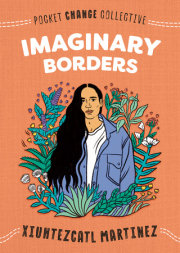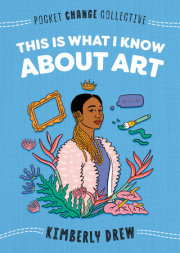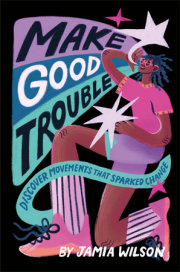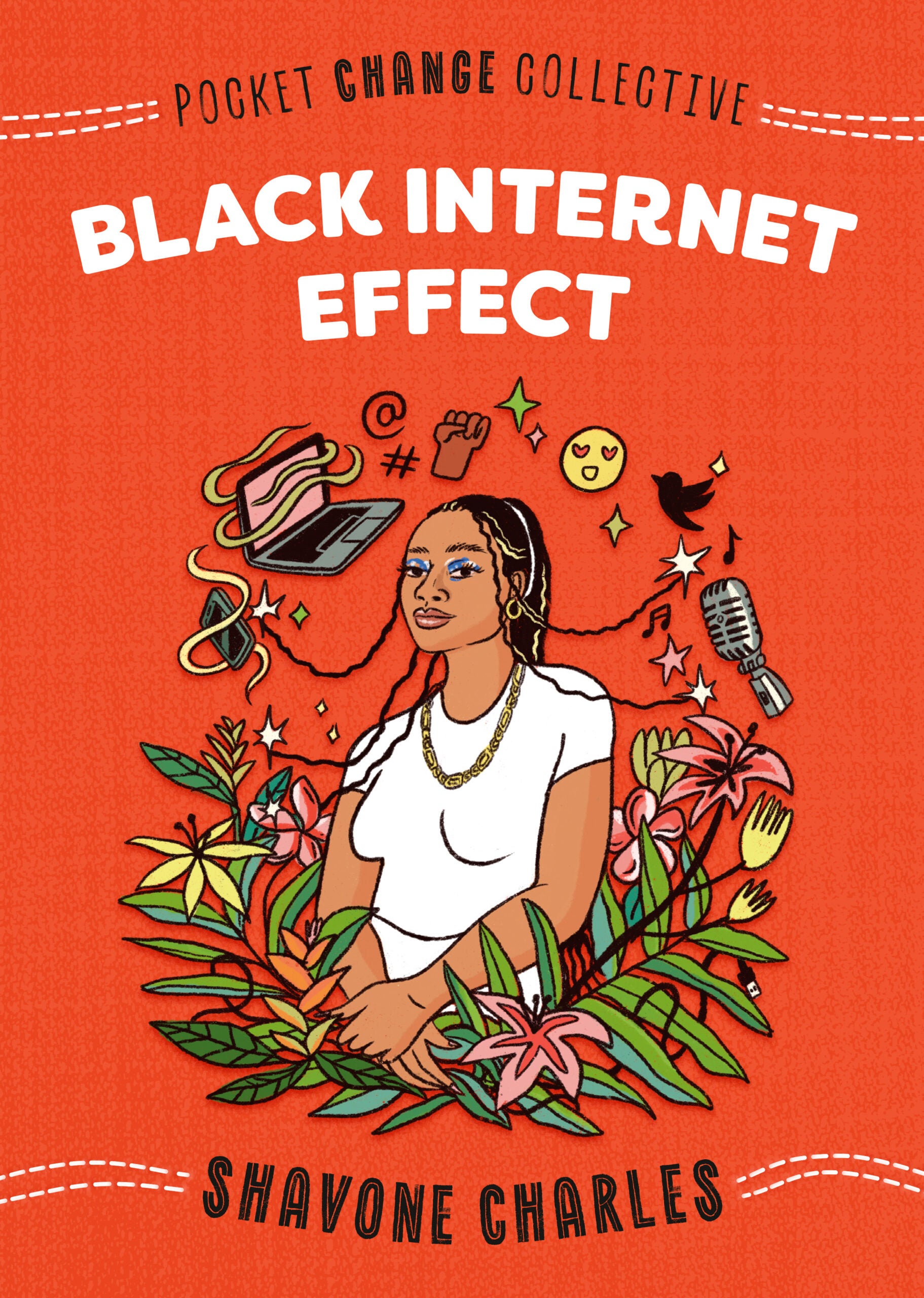BLACK INTERNET EFFECTPROLOGUE I was sixteen years old when I stood in the living room with my dad at my house in Southeast San Diego and watched a TV special that would change my life forever.
It was a hot Saturday morning in 2007, and I rushed through the house, toothbrush in one hand, flute case in the other, scrambling to get dressed for a scorching day of marching band practice at Helix Charter High School. I was flute section leader in band and had to show up an hour early, so I was in a crazy hurry when my dad called me into the living room. “Aye, Shavone! Where you at? Come on in here! You need to see this.”
I scurried over. “Look at this! Look at these people, can you believe they’re at work?” my dad touted. I looked at the TV to see clips of twenty- to thirty-something-year-old adults napping in lime-green pods, eating ice-cream sundaes, and riding down bright red, forty-foot slides. For the first few seconds, it looked like I was watching a scene from Willy Wonka & the Chocolate Factory (one of my all-time favorite movies!). I stood there with my mouth open, in awe of this pictured utopia. A few seconds later, Google’s colorful, bright logo flashed on the screen and my dad said, “Have you ever seen this? They work for Google! You should look up working for a place like that one day.”
I was bewildered by the thought. Me? Work for a search engine website? Up until that point, I hadn’t thought once about a career path in the technology industry. I was enrolled in every AP class I could get into in high school because I knew I wanted to go to a university and be a writer. That was it. I had dreams of working on music and poetry. I even flirted with the idea of going to law school or being a college professor one day. Working in tech hadn’t ever really crossed my mind until that day in the living room.
Band practice would have to wait. I felt so drawn to the idea of this food heaven full of genius people who could nap throughout the day and wear Nikes and jeans to work. My eyes scoured the TV screen in search of a person of color, a Black person, anyone that could give me a sense of familiarity and otherwise convince me that this utopia was a welcoming, real-life possibility for someone who looked like me. Even then, it was hard for me to fathom the idea of seeing a Black woman, a person like me, working at a place like Google.
Thirty minutes passed, the episode ended, and that bright feeling of hope and curiosity was quickly followed by an overwhelming sense of anxiety as I sat in the living room with no blueprint or knowledge of how to pursue a career that would ever lead me to a company like Google. Around that time, my high school counselors were laser-focused on college and more traditional careers. Technology wasn’t often brought up as a possible professional path for me or any other Black students. At the time, the popular social media site Myspace was killing the game, and that was the main social platform of choice for me and my friends. We didn’t view technology as a standalone concept or industry—it was simply interwoven into our everyday lives as the main way to forge community and stay connected to one another. The only reason I was ever introduced to HTML coding in the first place was because I wanted to customize the color and template of my Myspace profile.
I also grew up in a household with parents who were Black small-business owners and always preached about the importance of me going to college to get a “good job.” Every day, I watched my mother and father wake up to work from sunrise to sundown, and they answered to no one. They ran their own mom-and-pop businesses: our family restaurant and a hair salon. They didn’t have a 401(k) or a cushy corporate benefits plan, and always urged me to go to a university so I could one day get a high-paying job and avoid having to work as hard as they do. To all of us, that meant being a lawyer, a corporate CEO, or a doctor of some kind. I remember feeling so much anxiety, pressure, and fear whenever I thought about choosing “the right” career path after high school. I didn’t envision myself in a pantsuit, working in an office cubicle anywhere. If there was an industry for me, I thought, it would have to be in media, music, or fashion, where I could really express myself.
Fast forward and here I am, neck-deep as a young Black millennial in Silicon Valley, navigating the world of tech and social media. Currently, I am at TikTok, where I was hired in a newly created role as the company’s first-ever head of Diversity & Inclusion Communications. I officially started my career in the technology industry at twenty-one years old with my first full-time job at Twitter, where I led the company’s global music and culture communications out of their San Francisco headquarters as the youngest and first-ever Black woman to be hired onto their public relations team. After Twitter, I worked at Instagram, where I launched their Los Angeles office and managed all of the app’s global music, teen, and youth culture communications, again, as the youngest and first-ever Black woman to be hired onto their marketing and communications team. At both Twitter and Instagram, I personally carved out my professional roles, and since then, I strive to bring my advocacy for voices of color into every room I’m in. I am the founder of my very own creative group, Future of Creatives, and I started Magic in Her Melanin, a community organization created with the mission to elevate the stories of women of color and drive equitable career development for next-generation creatives and people of color across the tech industry. I am a multihyphenate creative, classically trained musician, and activist who happened to find her way into the wonky world of the tech industry. My path has led me in many directions and down so many winding roads—all with the hope that in the spaces in which I am the first, I won’t be the last.
The right balance of curiosity and nerve have always pushed me toward good directions in my life. During the darkest, most discouraging times, I can lean on those two parts of myself. I credit the majority of my resilient, self-starter demeanor to my two parents, Bonnie and Darryl. I often think about that wide-eyed teenager who dreamed of just being able to be and unapologetically exist as a Black girl in every space she occupied. From childhood through early adulthood, I struggled to be accepted and welcomed anywhere, all because of what I looked like and what I represented as “the only Black girl in the room.”
So where there wasn’t space for me, I had to create it. Where I wasn’t welcomed, I had to invite myself. When the room wanted me to stay small and invisible, I had to make myself seen. Against all odds, I had to value myself enough to know that my voice and perspective mattered. I’ve carried these survival tactics throughout my life, and it’s all thanks to the superhero Black women who raised me. Through them, I figured out that I’d have to forge my own path and dare to write my own story—even if I was left out of the fairy tales altogether.
Copyright © 2022 by Shavone Charles; Illustrated by Ashley Lukashevsky. All rights reserved. No part of this excerpt may be reproduced or reprinted without permission in writing from the publisher.





